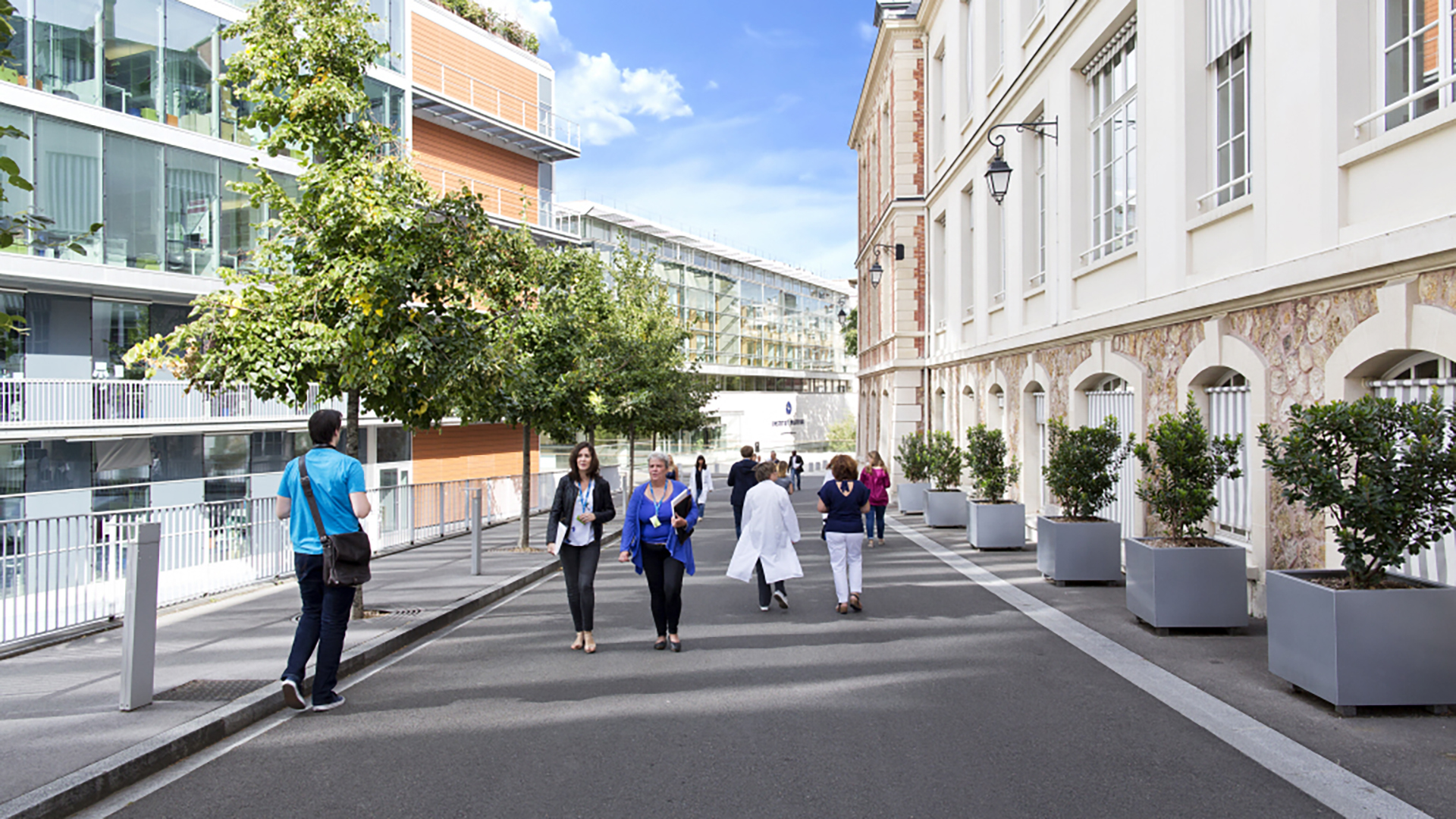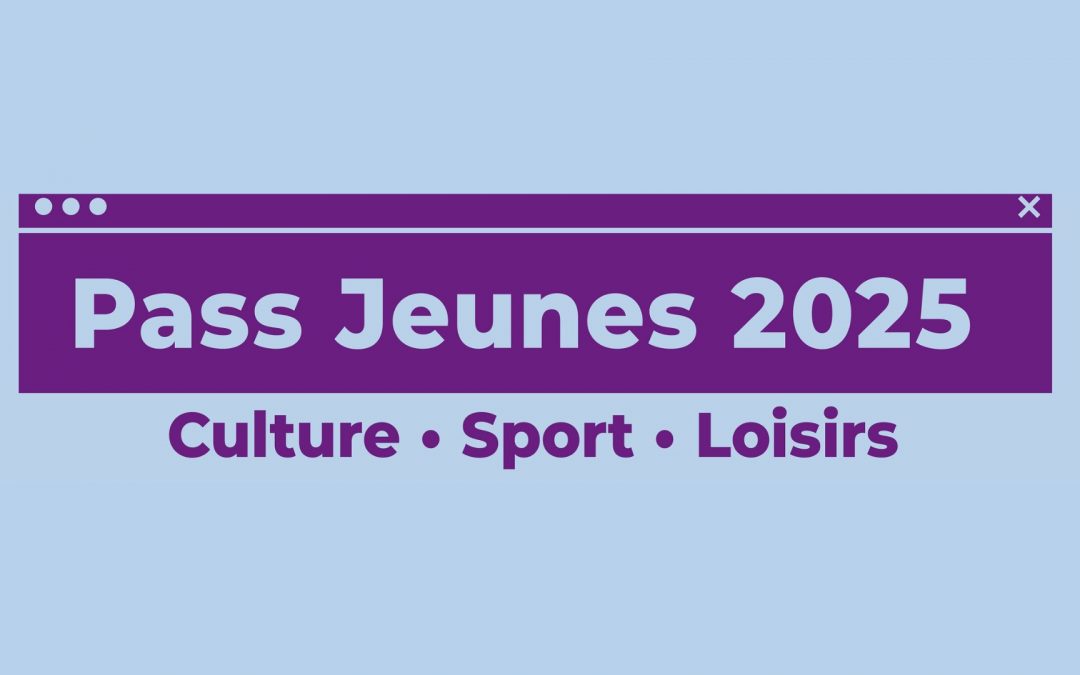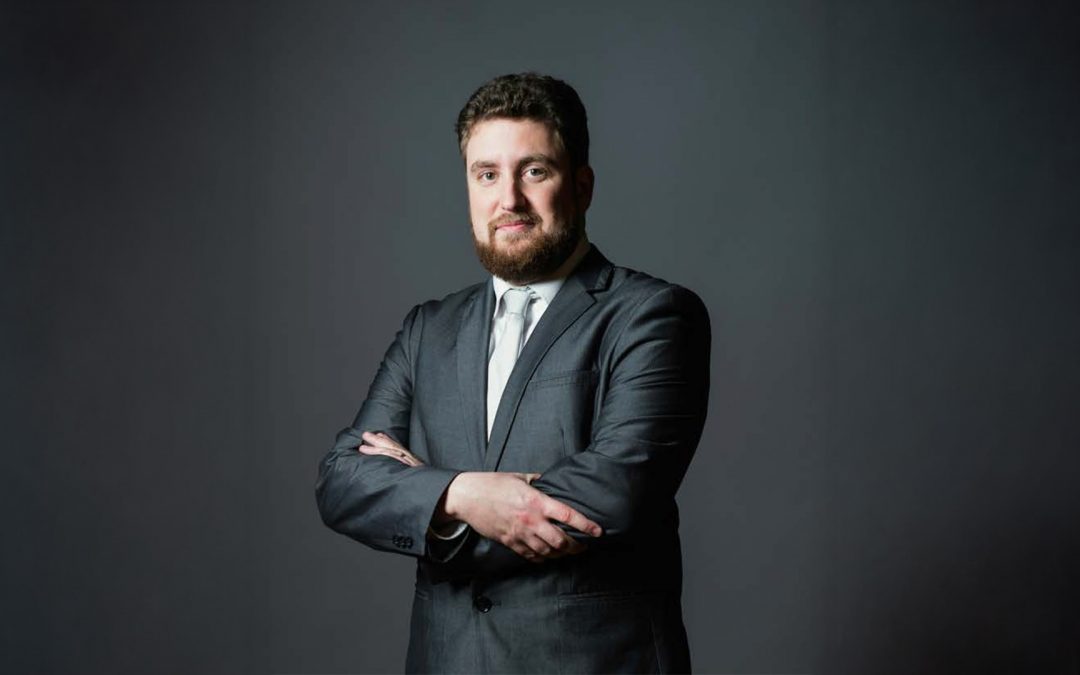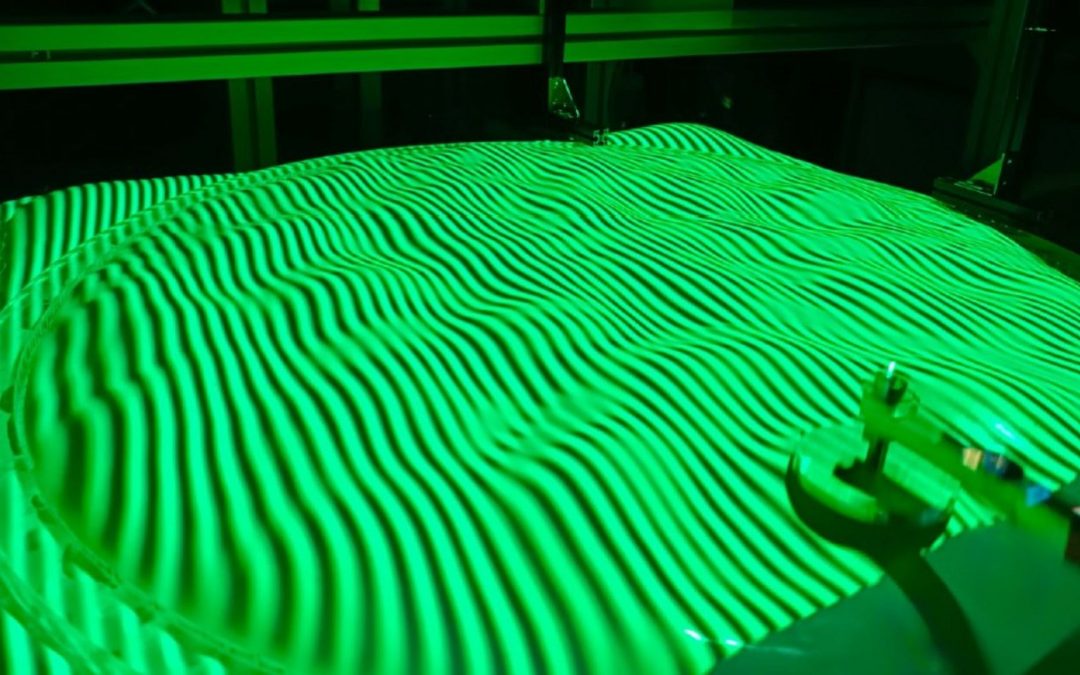Institut Pasteur
The Institut Pasteur is a recognized charitable foundation that is authorized to receive donations and legacies, established by Louis Pasteur in 1887. It is also an internationally renowned center for biomedical research and part of the Pasteur Network of 33 members operating in 25 countries on five continents worldwide. Since July 1, 2021, the Institut Pasteur has been a partner research organization of Université Paris Cité.

Crédit : © Institut Pasteur / Thomas LANG
The Institut Pasteur’s mission is to tackle diseases in France and throughout the world, through initiatives in four main areas: research, public health, training, and development of research applications. It is a globally recognized leader in infectious diseases, microbiology, and immunology, with research focusing on the biology of living systems.
Among its areas of research are emerging infectious diseases, antimicrobial resistance, cancer, neurodegenerative diseases, and brain connectivity disorders. The Institut Pasteur’s outstanding research is facilitated by the development of a technological environment of the highest standard, with core facilities for nanoimaging, computational biology and artificial intelligence.
The aim of the partnership established with Université Paris Cité is to build a concerted joint scientific strategy based on the consolidation and co-development of existing themes addressed by the two institutions, both in fundamental and translational research as well as in education.
The Institut Pasteur functions as a partner research organization of Université Paris Cité, which constitutes a guarantee of institutional, scientific and financial independence for the two partners within a balanced governance structure.
Both institutions have recognized expertise in the field of infectious diseases. Numerous collaborations already exist between Université Paris Cité and the Institut Pasteur in research and training, and the sharing of human and technological resources and expertise will further strengthen the ties between the two partners.
The partnership will facilitate mobility opportunities for researchers and students, implementation of new technological platforms and the emergence of new research structures.
Moreover, interdisciplinary approaches to global health issues may be pursued. These developments will serve to expand the reach of the two institutions as they accomplish their missions.
À lire aussi

Lévitation magnétique : un modèle simple pour un phénomène complexe
Une équipe du laboratoire Matière et Systèmes Complexes (MSC - Université Paris Cité/CNRS), en collaboration avec le laboratoire de physique de l’ENS Lyon, a décrit, pour la première fois par un modèle simple, le mécanisme de la lévitation magnétique d'un aimant placé...

Été 2025 : profitez de Paris à prix mini avec le Pass Jeunes !
Vous avez moins de 25 ans ? Cet été, ne manquez pas le Pass Jeunes 2025, un dispositif gratuit de la Ville de Paris qui vous donne accès à 41 activités culturelles, sportives et de loisirs, gratuites ou à tarifs très réduits, jusqu'au 30 septembre 2025. Étudiantes et...

Boris Chaumette, la science au service de la santé mentale
Psychiatre et neuroscientifique reconnu, Boris Chaumette œuvre au développement d’une évolution médicale majeure : la psychiatrie de précision. Sa sélection au programme franco-britannique Young Leaders 2025 met en lumière l’excellence de ses travaux et constitue une...

Quand les ondes imitent le comportement d’un gaz
Marlone Vernet et Eric Falcon, physiciens au laboratoire Matière et Systèmes Complexes (MSC - Université Paris Cité/CNRS), ont observé un phénomène étonnant : dans un système agité de manière aléatoire, des ondes peuvent se comporter comme les molécules d’un gaz....
